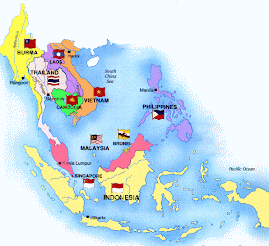Dilmah Conservation has biochar related research activity under way in existing plantations and nurseries in two agro climatic zones in Sri Lanka. Dr. Krishnaratne, a consultant for Dilmah Conservation, is managing the Bio-Remediation Programme. Photos have been provided by Asanka Abayakoon, Manager, Dilmah Conservation. Hopefully, more details on their current work can be provided for the January IBI newsletter.
"After centuries of monoculture Sri Lanka’s famous tea country lost its top soil due to unsustainable agricultural practices which has lead to high production costs. Dilmah Conservation will facilitate trials and eventually introduce bio remediation technology to sustain the tea plantations. Bio- char, Aerated Compost tea, will be some of the methods that will be tested. Bio-remediation will improve the soil condition in a natural manner without the use of chemicals. Bio- Char is one of the products that will be used in this process. The first pilot test is being conducted at Houpe estate. The project will mainly focus on developing sustainable agriculture practices island- wide. Also Dilmah Conservation will encourage University students and other researchers to conduct their studies related to the environment in this area."






